New tenured and tenure-track faculty for 2019-20 announced
09/27/2019

Eleven experts in the science of living and learning recently joined the tenure track faculty in the Iowa State University College of Human Sciences
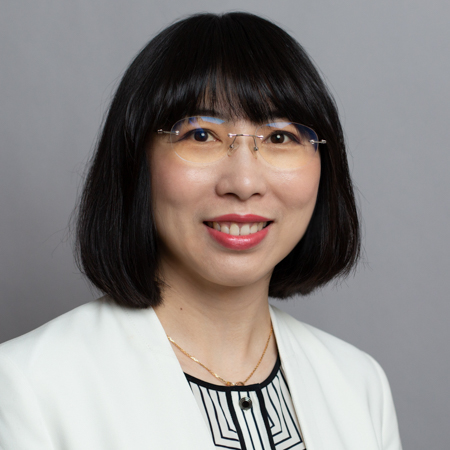
Ling Zhang
Assistant Professor
Apparel, Events, and Hospitality Management
Apparel, Merchandising, and Design
Research Focus:
- Sustainable textile and apparel design processes
- Functional design processes to increase body satisfaction
- Design process model development and evaluation
Dr. Zhang said, “As a human scientist, my research goal is to improve the quality of people’s lives through the clothing and textiles, and investigate technologies and methods to reduce waste and pollution in apparel design and production processes. My research is focused on innovative technologies on sustainable textiles, apparel design and product development, and functional apparel design to improve medical and maternity garments.”
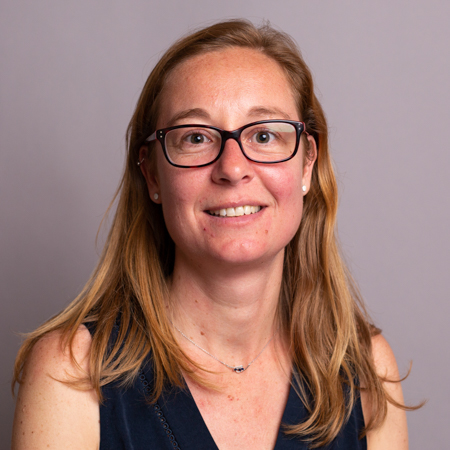
Aude Watrelot
Assistant Professor
Food Science and Human Nutrition
Research Focus:
- Food and wine polyphenols and polysaccharides characterization
- Structure-activity relationship of polyphenols
- Thermodynamic parameters of interactions between macromolecules
- Chemistry and sensory analysis
- Identification of the astringency mechanism and perception
Dr. Watrelot said, “My research focuses on grape and wine chemistry and how the wine quality is impacted by the production or processing. The wine industry in Iowa constantly grows with the production of wine made from cold-hardy grapes. Polyphenols are responsible for organoleptic properties such as the wine color and the astringency perception. Compared to Vitis vinifera varieties, the content and the structure of polyphenols as well as their extraction from the cold-hardy grapes to the wine remain unexplored. As a human scientist, my goal is to elucidate the chemistry and the reactivity of polyphenols during the winemaking process.”
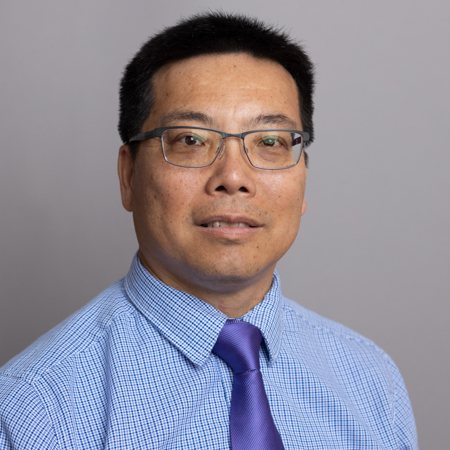
Li-Shan Chou
Professor and Chair
Kinesiology
Research Focus:
- Biomechanics and control of human walking
- Age-related balance disorders
- Interaction between brain function and movement
- Orthopedic biomechanics, sports medicine, and rehabilitation engineering
Dr. Chou said, “As a human scientist, my research couples mechanical engineering theories with human physiology and anatomy to enhance understanding of mechanisms that produce body movement in daily life or sport performance, as well as factors related to the increased incidence of falls in older adults and patients with balance problems. All my research projects share the common “translational” feature, which connects findings from basic research to the development of clinical treatments relevant to patients with neurological or musculoskeletal disorders.”
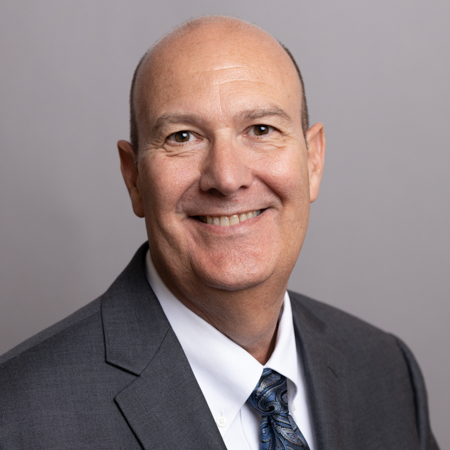
Donald Hackmann
Director and Frances S. and Arthur L. Wallace Professor
School of Education
Research Focus:
- Leadership for college and career readiness
- Leadership preparation programs and faculty
- Faculty mentoring
Dr. Hackmann said, “My primary research interest explores how school leaders work with educators and cross-sector partners to design school structures that promote students’ college and career readiness, with a particular interest in expanding historically underrepresented students’ access and participation in skilled career pathways. I have also conducted national survey research studies examining the quality of principal and superintendent preparation programs, including curriculum features and characteristics of faculty who teach in these programs. Finally, I explore aspects of mentoring relationships and experiences for faculty and graduate students. These three research areas intersect, in that I have a foundational interest in ensuring students and adults have quality experiences that facilitate learning and promote their continuing professional development. My research also will be invaluable in my role as director of the School of Education, as I collaborate with human sciences faculty, staff, students, and partners.”
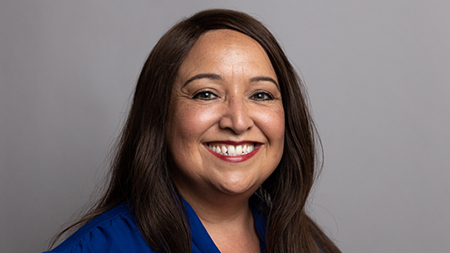
Amanda Cordova
Assistant Professor
School of Education
Educational Leadership, Organizations, and Policy
Research Focus: Decolonizing educational systems, pedagogies, and research
- Developing intersubjective collective-collaborative research methodologies
- Transforming educator preparation grounded in social justice and equity
- Integrating counter-narratives into the fabric of educational systems
Dr. Cordova said, “I am a proud first-generation Chicana graduate who fervently believes the cultural wealth and diversity of our communities are the foundation of transforming educational systems toward equity in a collective solidarity. I engage in a collective-collaborative research process to theorize new educational pathways, experiences, and systems from the departure of liminal, subaltern knowledge, shared through counter-stories and testimonios. Focusing on equity translates into inclusive policies, pedagogies, curriculums, research practices, and leadership to benefit all community members. As an assistant professor of the College of Human Sciences, my role is focused on engaging in meaningful research that bridges the gap between theory and practice.”
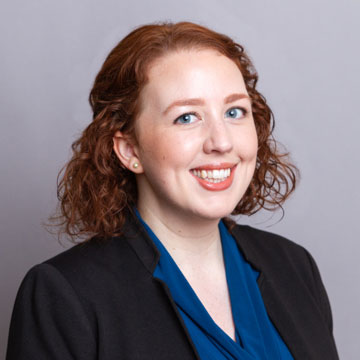
Alyssa Emery
Assistant Professor
School of Education
Learning Sciences
Research Focus:
- Classroom motivation
- Supporting students with disabilities in P-12 general education classrooms and college settings
- The use of mixed and multiple inclusive methodologies
Dr. Emery said, “In Iowa, people with mild to moderate disabilities, such as ADHD or anxiety, are more likely to drop out of high school, less likely to go to college, and are underrepresented in a host of career fields compared to their peers without disabilities. As a former teacher, I firmly believe that classrooms should be productive, inclusive spaces that provide all students with the supports that they need to reach their goals. My research examines students’ perceptions of their motivational experiences while they are in class, and explores why students with disabilities are having different experiences than their typically developing peers. I also aim to push human sciences forward by testing new methodologies that might yield greater insight into learning and motivation.”
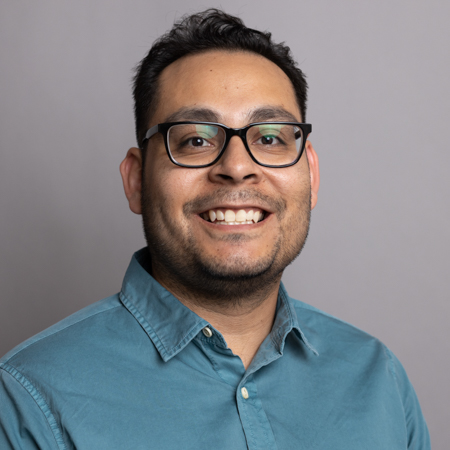
Gabriel Rodriguez
Assistant Professor
School of Education
Social and Cultural Studies of Education
Research Focus:
- Latinx, urban-suburban, and social justice education
- Race and schooling
- Youth identity, activism, and belonging
- Qualitative research methods
Dr. Rodriguez said, “As a human scientist, my qualitative research examines the relationship between educational inequality and race, specifically issues related to the academic achievement, equality of opportunity, and the identities of Latinx youth in the context of demographically changing schools and communities. As Latinxs continue to alter the racial landscape in the United States, municipalities across Iowa provide an opportunity to examine both the impact demographic change has on schools and the academic and social ramifications of this change, including new dynamics between Latinx youth, other youth of color, and white students.”
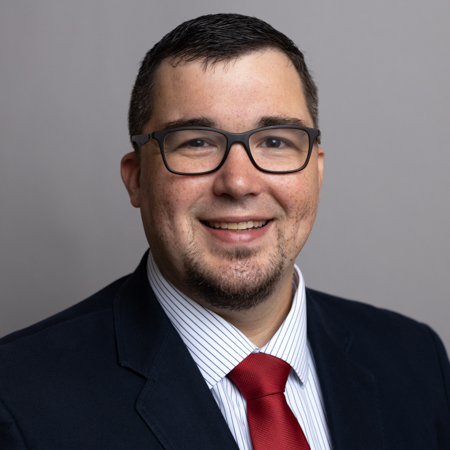
Doug Smith
Associate Professor
School of Education
Higher Education
Research Focus: Community college leadership and higher education
- Community college leadership and ethics
- Contemporary community college issues
- Rural higher education and rural K-12 talent management
Dr. Smith said, “As a human scientist, the overall goal and motivation behind my work is the continuous improvement of innovative educational practices and leadership capacity in community colleges and rural P-20 education settings. Iowa’s network of 15 community colleges enroll 40% of all students attending public or private colleges in Iowa and over half of students in Iowa public higher education. Iowa’s community colleges are nationally recognized for their innovation, quality, value, and responsiveness to local and state workforce development needs. My research focuses on developing contextual relevant leadership preparation to meet local and state educational needs.”
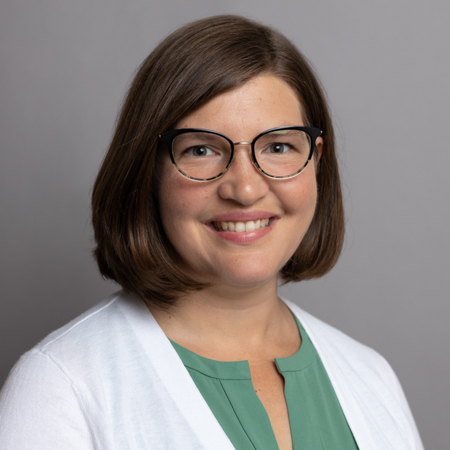
Rachel Smith
Assistant Professor
School of Education
Higher Education
Research Focus:
- College student engagement, learning, retention, and graduation
- First-year students and students in transition
- Colleges as organizations, communities, and networks
Dr. Smith said, “My research examines the policies, practices, and institutions that support the academic success of new undergraduate students in colleges and universities. New students must navigate a complicated set of expectations when they arrive on campus, such as coursework, establishing relationships, and getting involved with the campus community. As a human scientist, I am interested in how colleges and universities can play a role in creating networks of academic and social relationships that facilitate student engagement, learning, and success in college and afterward. By discovering and implementing better practices to educate our college students, we can facilitate students’ graduation and future contributions to their communities.”
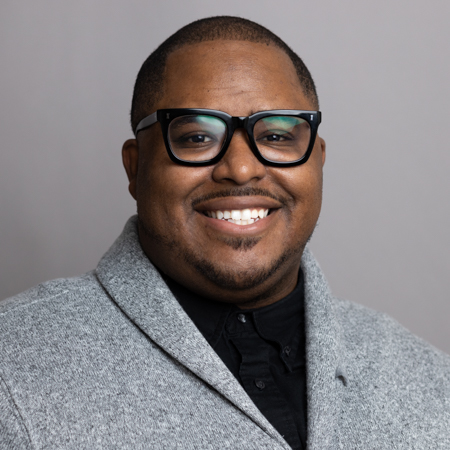
TJ Stewart
Assistant Professor
School of Education
Higher Education
Research Focus: Equity and justice in higher education
- College students with stigmatized identities
- College student activism and resistance
- Anti-blackness in college environments
- Social justice education
Dr. Stewart said, “I study college students who have identities that are stigmatized in society. Specifically, I am interested in how these students make meaning of their college experience, how their identities inform their outcomes, and what barriers exist that hinder their success and well-being. My research seeks to ensure that everyone, regardless of their identity or background, has the opportunity to attend college and that they have the same successful outcomes as students who come from communities that have historically been given access and fair-opportunity. Within human sciences, my work renders visible the most vulnerable humans in the margins of the margins.”
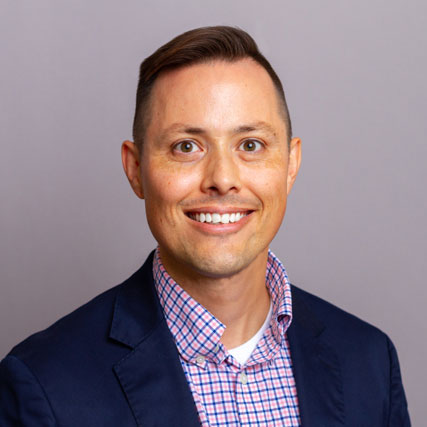
Nicolas Tanchuk
Assistant Professor
School of Education
Social and Cultural Studies of Education
Research Focus:
- Philosophical foundation(s) of education
- The intersection of political philosophy, normative ethics, and evidence in educational decision-making
- Professional ethics in teaching
Dr. Tanchuk said, “As a philosopher, I study how questions of ethical and political value shape the way human scientists, educators, school leaders, and policy makers interpret evidence and draw practical conclusions. Philosophically, I defend an approach to questions of value made famous by John Dewey and Indigenous thinkers, like Blair Stonechild, who argue that our politics and economics are best understood as means to advance the more fundamental human interest in learning and problem-solving. In my work on teaching and learning, professional ethics, and educational policy I draw out the ways that the democratic ideal of cooperative inquiry and problem-solving calls us to reframe our institutions and relationships in progressive, egalitarian, and inclusive ways.”